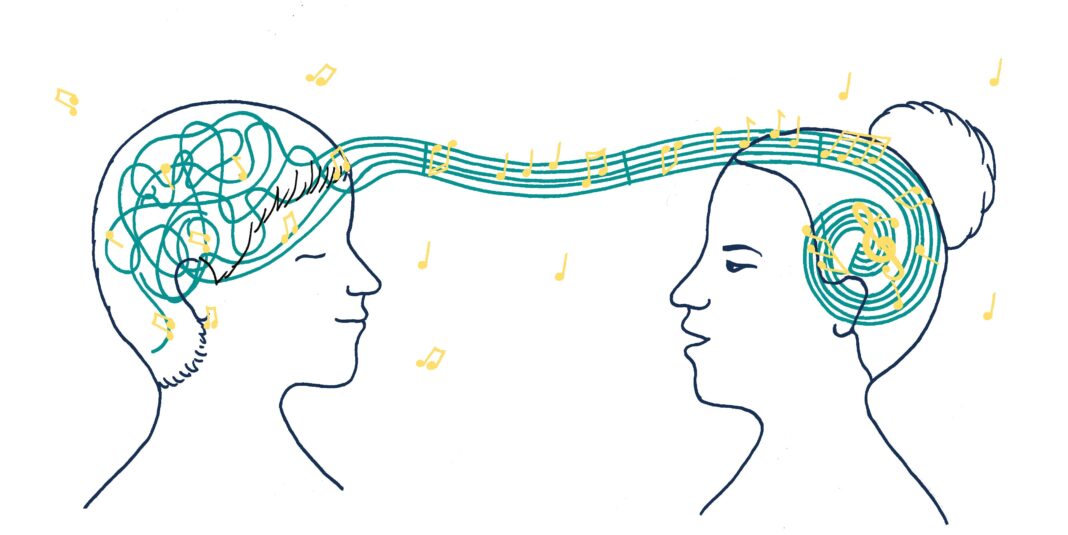In the realm of holistic health, music therapy emerges as a powerful yet harmonious modality, tapping into the universal language of melody and rhythm to promote healing and well-being. From reducing stress and anxiety to enhancing mood and cognitive function, the therapeutic potential of music knows no bounds. Let’s embark on a melodic journey to explore the transformative power of music therapy.
Unlocking the Therapeutic Potential of Music:
Music therapy is a clinical and evidence-based practice that utilizes music interventions to address physical, emotional, cognitive, and social needs. It is conducted by trained and certified music therapists who tailor interventions to meet the unique needs and goals of individuals of all ages and abilities.
The Benefits of Music Therapy:
- Stress Reduction: Music has a profound impact on the nervous system, eliciting relaxation responses and reducing levels of stress hormones such as cortisol. Listening to calming music or engaging in musical activities can promote relaxation, alleviate anxiety, and enhance overall well-being.
- Emotional Regulation: Music has the power to evoke emotions and facilitate emotional expression. Through songwriting, improvisation, and listening to emotionally resonant music, individuals can process and express their feelings in a safe and supportive environment.
- Cognitive Enhancement: Music therapy can stimulate cognitive function and enhance memory, attention, and executive function. Musical activities such as rhythmic drumming, singing, and music-based games can engage the brain and promote neuroplasticity.
Diverse Applications of Music Therapy:
- Pain Management: Music therapy can complement traditional pain management approaches by providing a distraction from pain, promoting relaxation, and reducing the perception of discomfort.
- Rehabilitation: In rehabilitation settings, music therapy can support physical rehabilitation goals by motivating movement, improving motor coordination, and enhancing overall physical function.
- Mental Health: Music therapy is increasingly recognized as an effective intervention for individuals with mental health conditions such as depression, PTSD, and schizophrenia. It provides a creative outlet for emotional expression, fosters a sense of connection, and promotes social interaction.
Incorporating Music Therapy Into Your Life:
- Active Engagement: Engage in musical activities that resonate with you, whether it’s playing an instrument, singing, dancing, or simply listening to your favorite songs.
- Seek Professional Guidance: Consult with a certified music therapist to explore personalized music interventions tailored to your specific needs and goals.
- Mindful Listening: Practice mindful listening by immersing yourself in the music, paying attention to the sensations, emotions, and memories it evokes, and allowing yourself to be fully present in the moment.
Conclusion:
Music therapy offers a unique and multifaceted approach to healing and well-being, harnessing the transformative power of music to promote physical, emotional, and cognitive health. By embracing music therapy as a therapeutic modality, individuals can embark on a melodic journey towards greater harmony, resilience, and vitality.
Source – Cleveland Clinic



